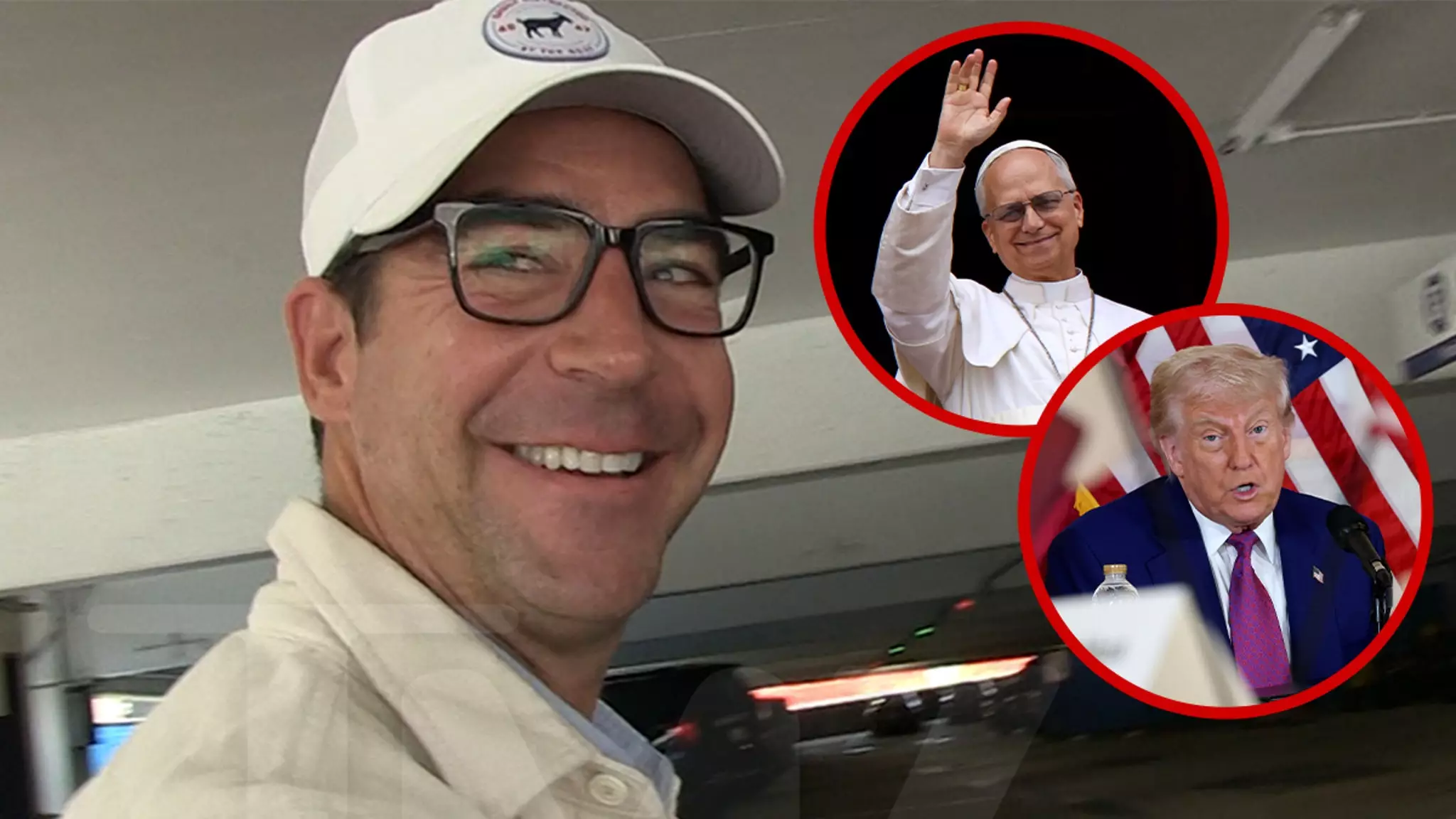In recent discussions surrounding the political ramifications of Pope Leo XIV’s more progressive stance, one would expect varied interpretations from prominent figures in the media. However, Jesse Watters of Fox News presents an unexpectedly dismissive viewpoint regarding the Pope’s liberal ideologies and their impact on American conservatism. Watters’ assessment that the pontiff’s beliefs hold little sway in U.S. politics raises deeper questions about the influence of religious figures on political landscapes. The underlying consensus among certain conservative commentators has increasingly been that American politicians are driven more by their agendas than the moral guidance or opinions of religious leaders.
The conversation around whether the Pope’s liberalism can reinterpret or challenge conservative values has taken on a life of its own. Watters insists that American politicians will continue on their paths regardless of the pontiff’s views, effectively creating a narrative that frames church and state as distinctly separate entities. In his words, “The pope does his thing, and America does our thing, and it’s all good.” This perspective may offer a sense of empowerment to those who feel that religious influence is conventional; however, it risks brushing aside the potential moral and ethical implications that a spiritual leader can impart to a society in search of guidance.
The Symbolism of Political Invitations
Turning to the exchange between Vice President JD Vance and Pope Leo XIV, the invitation for the Pope to visit the White House serves as a symbolic gesture steeped in historical precedence. Traditionally, a papal visit carries not just diplomatic significance but also showcases an acknowledgment of the power dynamics at play between faith and governance. Watters’ assertion, however, that most people go to the Vatican to see the Pope, not the other way around, illustrates a somewhat simplistic take on this complex relationship.
Vance’s gift to the Pope—a Chicago Bears jersey—caught mixed reactions; it is not merely a playful token but a representation of a broader dialogue concerning how American culture intersects with global ideologies. The playfulness of the gift contrasts sharply with the serious undercurrents present in the traditional reception of the Pope. It amplifies Watters’ dismissal of the Pope’s authority while simultaneously obscuring the potential impact of a papal presence on American political discourse.
The Necessity of Open Dialogue
While Watters’ perspective encapsulates a certain patriotic bravado, it also illustrates a diminishing space for dialogue between faith-based insights and contemporary political issues. The dismissal of any potential influence the Pope might have on U.S. policy raises the question: What are we willing to lose in our political discourse if we disregard the role of religion in shaping moral and ethical decisions?
To be clear, while there is undeniably a divide between the progressive aims of the Vatican and the often conservative viewpoints predominant in the U.S., assuming a total absence of impact is dangerously naïve. Issues such as immigration, social justice, and climate change are often framed within both religious contexts and political discourse. Hence, as we forge ahead in navigating these complicated waters, a more nuanced understanding of that intersection is necessary. It is crucial to recognize the authority of religious figures as they navigate global conversations that resonate deeply at both national and individual levels.

Leave a Reply